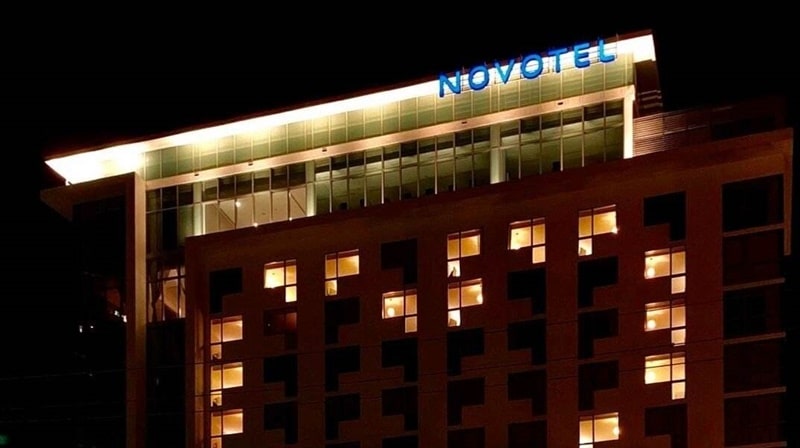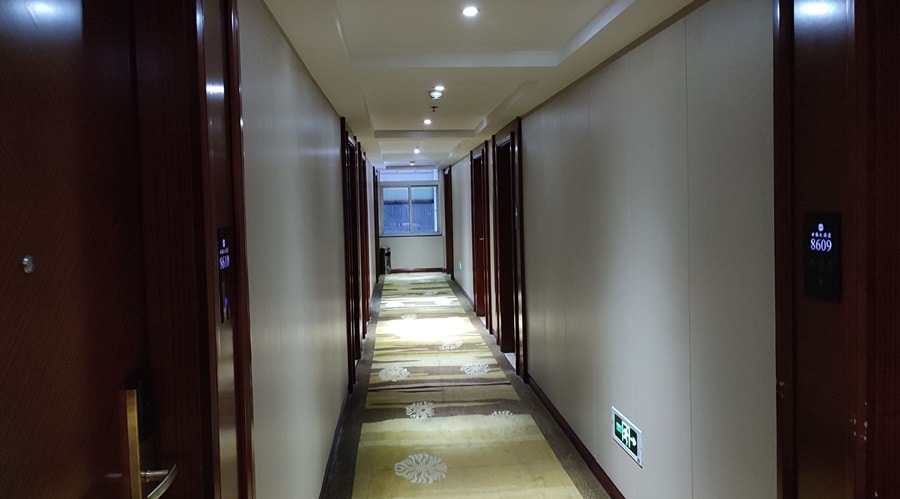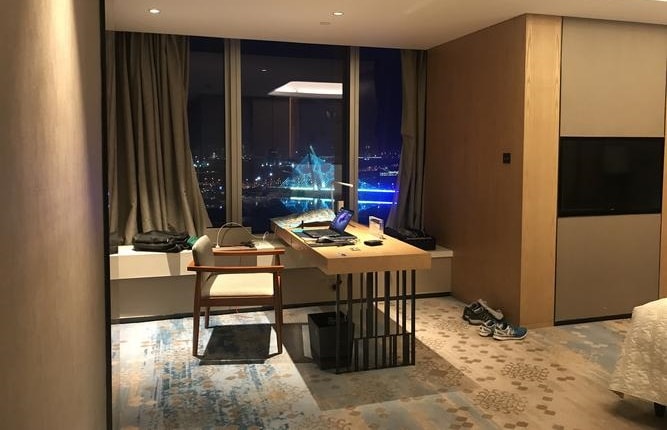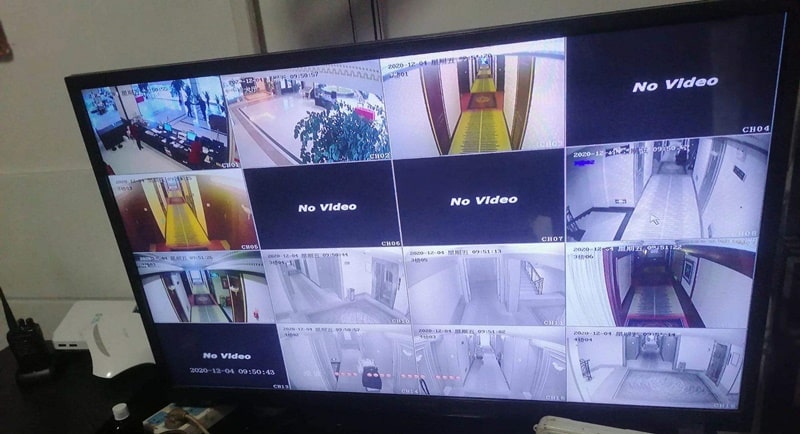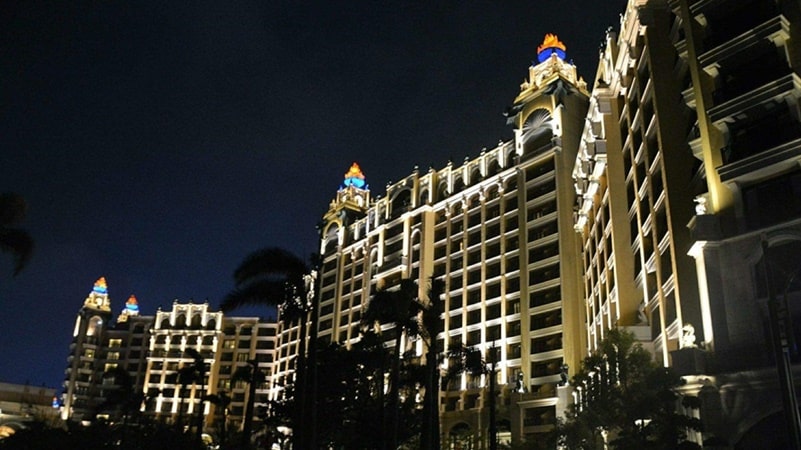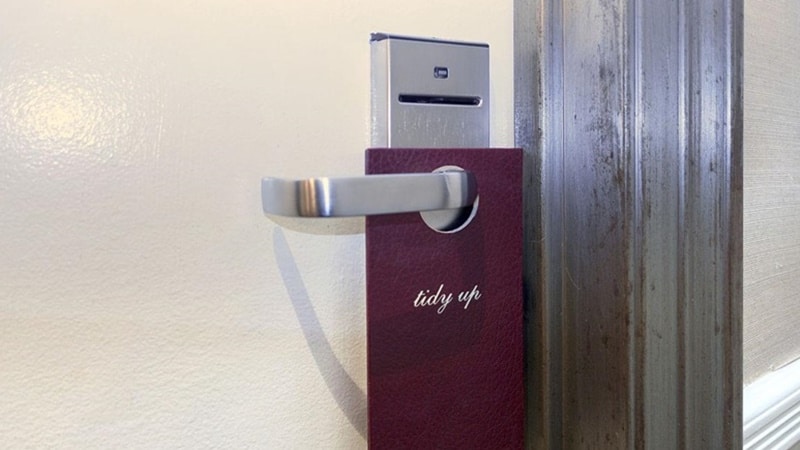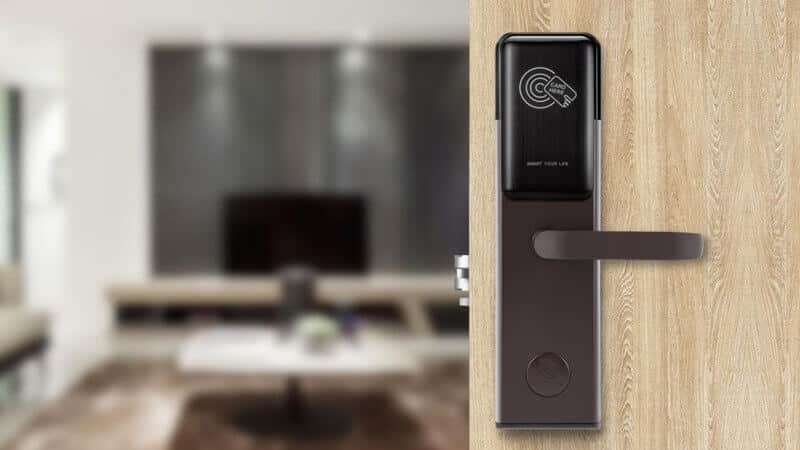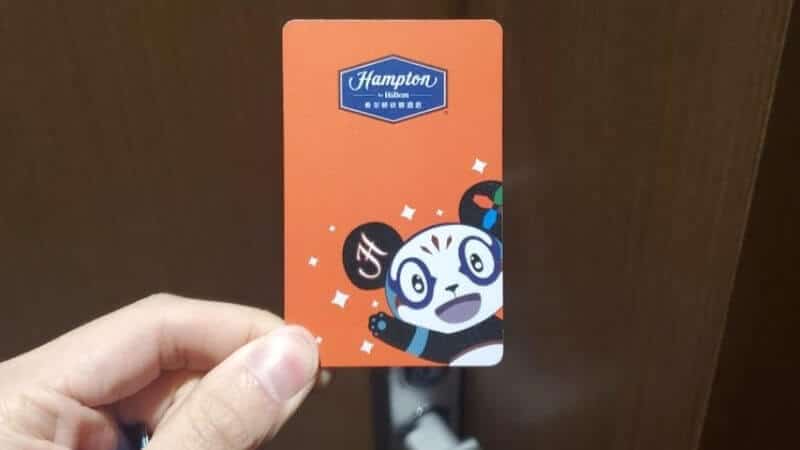Do Hotels Lock Their Doors at Night? Understanding Hotel Security at Night
“Do hotels lock their doors at night?” is not just a question of logistics but also touches upon the trust between a guest and their temporary abode.
Yes, hotels lock their door at night to ensure their guests’ safety and security. This is often done for guests’ and staff’s safety and security.
It’s also worth noting that while most hotels ensure unrestricted access to their guests, some might have specific timings during which entry and exit might be limited, especially in regions where nighttime security is a significant concern.
While the methods might differ, the objective remains the same: to offer guests a haven to relax without apprehension.
Guest Experiences and Expectations
Most hotels understand the varied schedules and preferences of their guests. Some travelers might be night owls exploring the city’s nightlife, while others might have late arrivals or early departures due to flight schedules.
Recognizing this, even most hotels lock their doors at night and ensure guests can access the property anytime. Electronic key cards, security codes, or 24/7 front desk staff are commonly employed to facilitate this.
However, this freedom doesn’t mean a compromise on security. While guests can come and go as they please, there are often measures in place to ensure that only registered guests or authorized personnel can access the hotel premises during the night.
Conclusion
In conclusion, hotels lock their doors at night as a fundamental security measure to ensure the safety and well-being of their guests. While varying in method from electronic key card systems to manual locks, this practice serves multiple purposes: it deters unauthorized access and potential criminal activities, maintains a controlled environment, and upholds the hotel’s commitment to guest safety.

